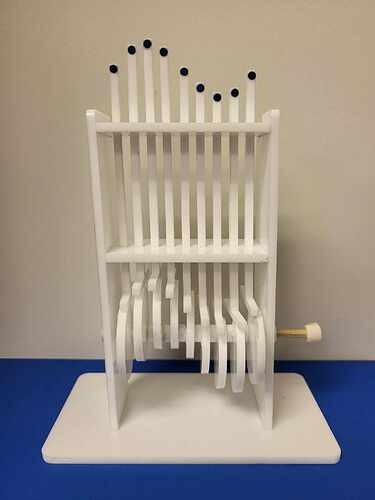Short Story:
Teacher educator STEM associations affiliated with the National Technology Leadership Summit (NTLS) coalition are working to extend open hardware to K-12 schools. During the course of the next year, the NTLS coalition wishes to collaborate with members of GOSH who are also interested in open hardware in schools, culminating in a symposium at next year’s NTLS technology leadership summit in Fall 2024.
Full Post:
Open-source science hardware has grown exponentially at the post-secondary level. This movement has been fueled by advances in digital fabrication technologies and inexpensive microcontrollers.
A pivotal moment occurred when the Gathering for Open Science Hardware (GOSH) was established with support from the Alfred P. Sloan Foundation. Benefits include significant savings that make science hardware accessible to more diverse audiences, designs that can be customized for a specific research task, and a deeper understanding of scientific equipment.
The predominant use of open science hardware has been at the postsecondary level (Heradio, et al., 2018). Four national teacher educator STEM associations affiliated with the National Technology Leadership Summit (NTLS) coalition are actively working to extend open hardware to K-12 schools:
- Association for Science Teacher Education (ASTE)
- Association of Mathematics Teacher Educators (AMTE)
- International Technology and Engineering Education Association (ITEEA)
- M.I.T.’s Fab Foundation and its network of 2,500 Fabrication Laboratories
With support from the National Science Foundation Pathways to Open-Source Ecosystems (POSE) grant (NSF # 2229627), these associations jointly announced the launch of the first peer-reviewed Educational CAD Model Library at the 24th National Technology Leadership Summit (NTLS) held at the headquarters of the National Education Association in Washington, D.C. Alison Parker, a senior policy analyst in the Science and Technology Innovation Program (STIP) at the Woodrow Wilson Center for the International Center for Scholars, attended as an observer representing the Gathering for Open Science Hardware.
Now that the CAD Library has been launched, books (i.e., educational objects) need to be reviewed and placed on the shelves. The NTLS associations are seeking funding to continue this effort in collaboration with GOSH. For example, GOSH and NTLS are currently collaborating on adaptation of the OpenFlexure microscope - a laboratory-grade microscope that can be constructed using 3D printed parts and a Raspberry Pi single-board computer – for use in schools.
Potential support from funding agencies would be used to support efforts to expand this project to identify and adapt open hardware projects for use in K-12 schools. This work, continuing throughout the coming year, would culminate in a one-day meeting of NTLS and GOSH leaders held the day before the 25th National Technology Leadership Summit in September 2024. Policy recommendations for extending open hardware to schools would be announced at the summit. A related NTLS policy strand would then focus on implementation of the recommended policies.
